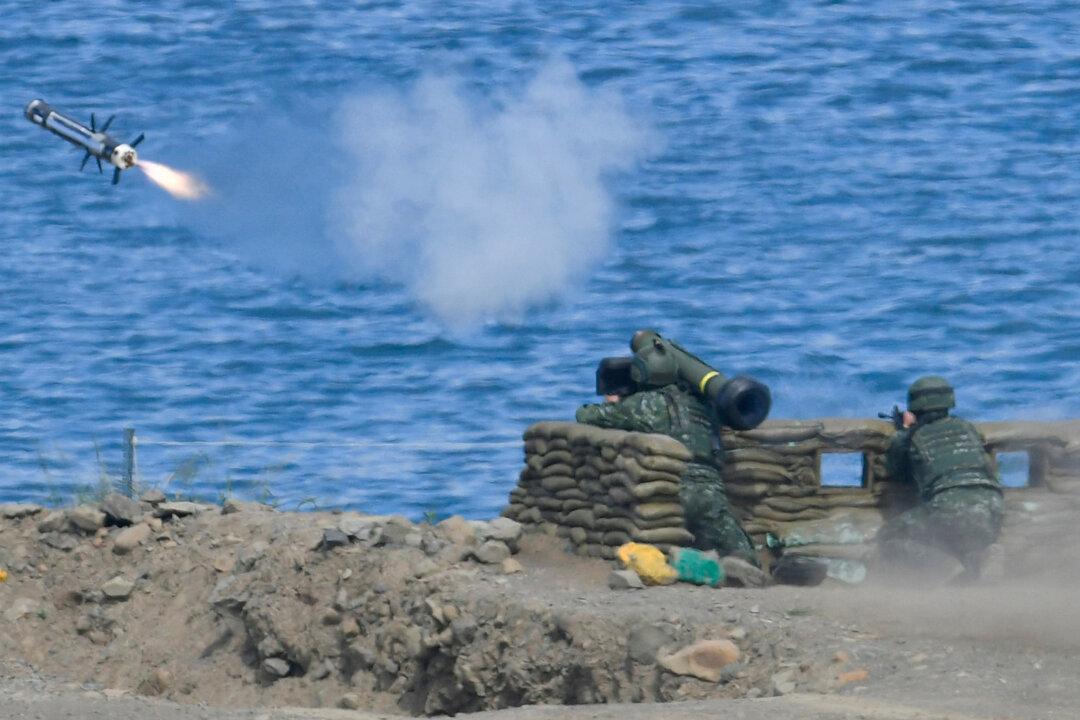Commentary
Now that we’re about five weeks into the Russian invasion of Ukraine, some basic lessons learned can be applied to possible aggression against Taiwan.

Now that we’re about five weeks into the Russian invasion of Ukraine, some basic lessons learned can be applied to possible aggression against Taiwan.